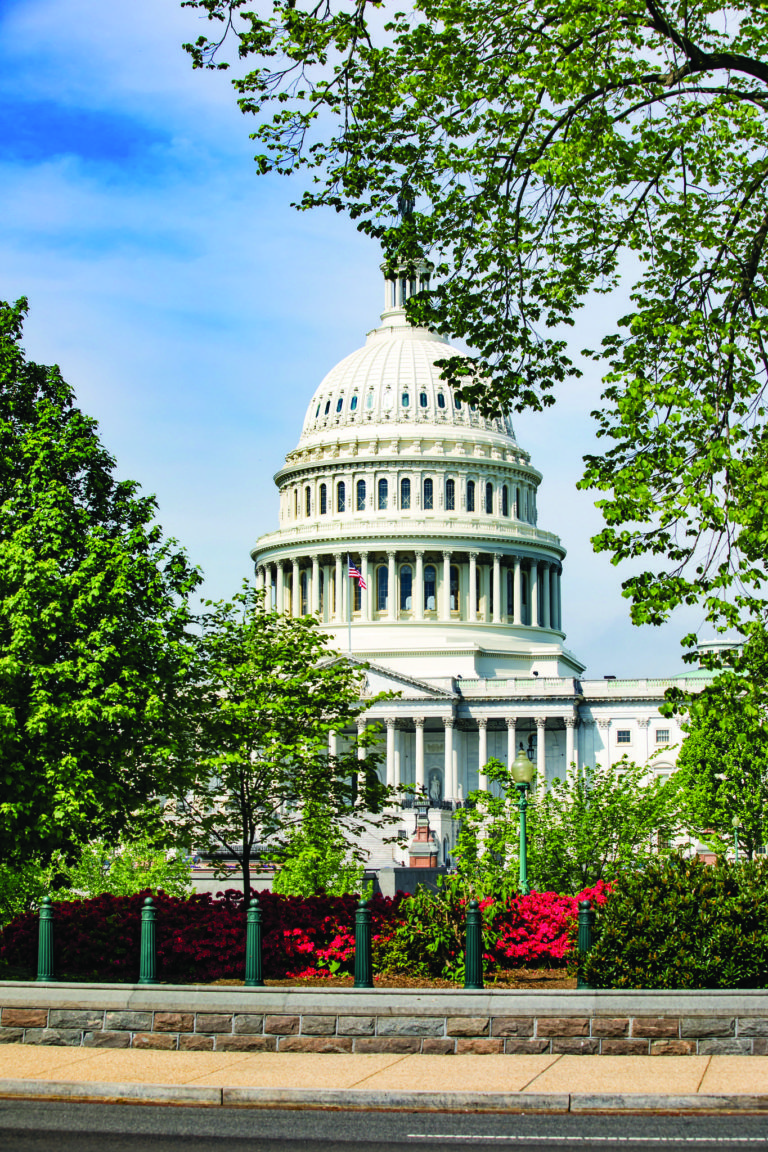by Katherine Sheets, Managing Editor
Before two weeks ago, I hadn’t considered my generation fatalistic.“Our generation is proud to protest the wrongs we see and boldly seek independence from our so-called oppressors,” I would’ve told you. “Just look at the #MeToo movement or the rise of feminist marches or the DACA activists.” Then in my ethics class we started looking at the differences between our generation and those before us.
Statistical data organized by psychologist Dr. Jean M. Twenge suggests our generation uses our smartphones to fuel our social lives. Turns out, the more we dialogued about smartphone usage, the more my class realized that the majority of us believe smartphones have an overall negative impact on not just our social lives, but both society and our individual lives, as well. Dr. Sydney Penner’s follow-up: so why do we keep using them?
Perhaps we, the class, really think that the world we were born into—one with a meat industry pumping our groceries full of low-cost but inhumanely treated animals, one with school shootings becoming increasingly common, one with 81 percent of its energy sourced from fossil fuels—is a world we cannot escape, a world we cannot change?
Realizing our fatalistic tendencies then provoked me to consider how to change society. Yes, our generation may identify wrongs in the world, and we may have opinions about them that we are more than ready to share. But sharing isn’t enough. Likewise, writing an article in the Collegian isn’t enough to say that I’ve done my part so I can check off the “change the world” box on my to-do list.
So if we want to escape indifference, is talking about it really the answer? What about protesting? If our generation really disagrees with the way smartphones are affecting the lives of average teenagers, let’s just boycott smartphones and maybe march outside of Mark Zuckerberg or Tim Cook’s houses. Then they’ll get the message that they’re ruining our lives, right? Probably. Will things change? Probably not.
Look at protests of the past. Early Bostonians seemed to get it right by dumping tea into the harbor, but tarring and feathering is not politically correct for today’s times. And however slow-going, the formation of labor unions for workers’ rights blazed on after the Triangle Shirtwaist Factory fire of 1911 for many years. According to an article in TIME, the deaths of 146 workers in the fire drew attention to the horrifying conditions and prompted labor safety legislation. In 1970, Kent State University students decided to gather on campus to protest the bombings in Cambodia during the Vietnam War. This prompted the Ohio National Guard to open fire into the crowd; four students died, and the United States did not withdraw forces from Vietnam until 1975. The past suggests that some protests are quickly successful, some are successful but slow and some have done little to directly influence change.
We hold signs, we rally in large numbers, we avoid violence at (most) costs. And sometimes it doesn’t work. My conclusion: maybe we should look to other tactics.
The First Amendment states, “Congress shall make no law respecting an establishment of religion, or prohibiting the free exercise thereof; or abridging the freedom of speech, or of the press; or the right of the people peaceably to assemble, and to petition the Government for a redress of grievances.” Millennials and Gen Z-ers have practiced freedom of press by publishing articles describing the injustices we’ve endured; we’ve gathered peaceably to express our disgust towards societal norms; we’ve verbally spoken out against leaders with whom we disagree. Yet this doesn’t encompass all of the rights given to us by the First Amendment.
What about petitions to the government? Why do we not write our legislators and petition our leaders to alter the world we live in?
Sad as it may seem, I’ve never seen such dedication to the American political system than in Leslie Knope of the NBC show “Parks and Recreation.” In the opening episode of season five, Knope goes to Washington, D.C. to meet with a senator in order to propose a grant application for a river clean-up. Maybe she’s a fictional character and maybe she goes a little overboard, but she is a prime example of seeing a need, addressing it with a solution and taking said solution to those with the power to implement it. So where are our Leslie Knope’s of today?
Identify your issues. Write your institution’s president and state and local representatives. Don’t stop pushing your solutions until you see results. The Constitution defends your right to do so; stop hiding behind “someone else will do it,” “I don’t have enough influence for people to listen to me,” and other excuses we come up with that I myself have spouted off. If you don’t have ideas formed, find other passionate people and team up; trust me, the people are out there and there is strength in numbers (not to mention, proposals might actually sound better if they’re written by multiple brains instead of one).
After all, how long are we willing to just wait for results while we march in the streets and keep our letters to the editor anonymous? If the problems you have with America really are worth changing, be ready to risk time, energy and reputation for what you believe in.




